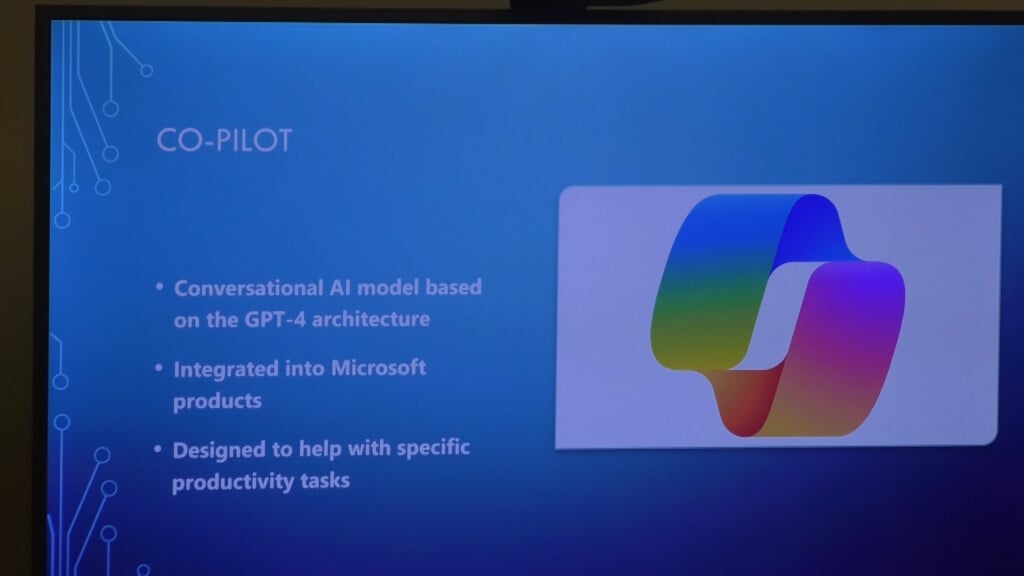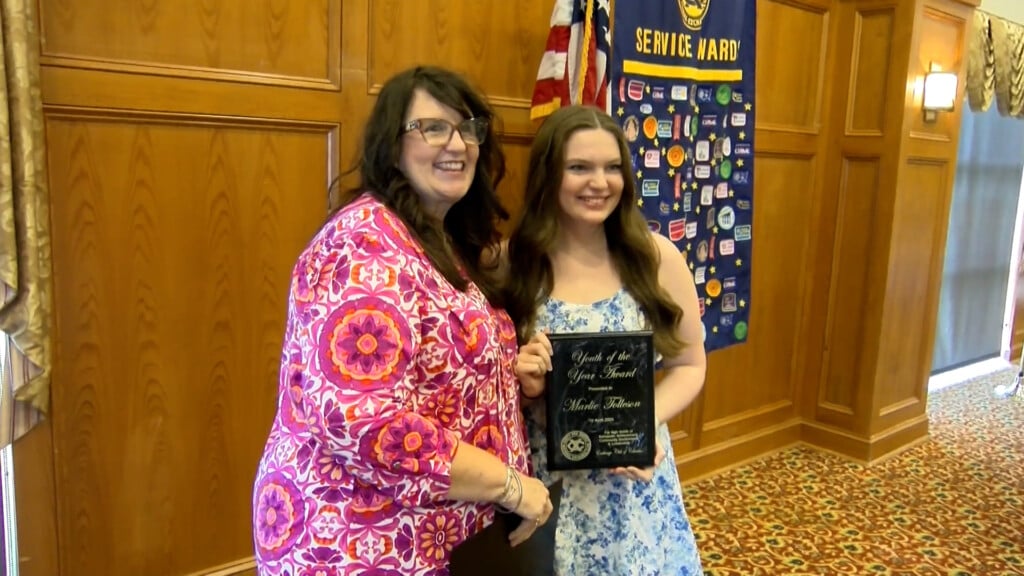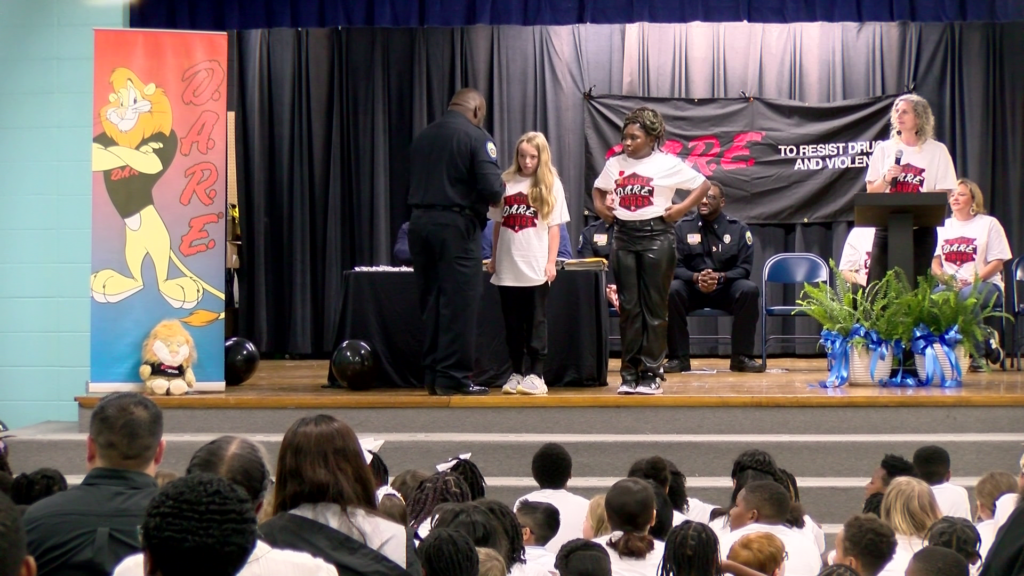Rainwater Observatory shows guests glimpse of infinity and beyond
FRENCH CAMP, Miss. ( WCBI) – It’s not every day you get to meteors flying in the sky.
Many people across the mid-south caught a glimpse of the meteor Monday night.
For those who missed the light show, there is still a place where you can see parts of the galaxy.
The Director of the Rainwater Observatory and Planetarium explained how you can still catch a glimpse of infinity and beyond.
Director Edwin Faughn got his first telescope when he was a child.
Since then, his head has been in the clouds and his heart has been set on finding new discoveries.
“When I am doing the telescope events I love getting to see people’s expressions and their excitement when they see the rings of Saturn. Almost everyone will say that “you’ve got a slide in there” and ill say no take a look at where it’s aimed, ” said Faughn.
The Rainwater Observatory is a satellite facility that sits on about a 900-acre complex.
Home to more than 30 telescopes, people are able to see that the sky is not the limit.
“You can see the entire ring system. It’s tiny it’s not like a Hubble image. Jupiter, you can actually see four of its moons and the little swirls and features and things on it. The moon is absolutely spectacular,” said Faughn.
The observatory hosts a public event every second Friday of the month for people who want to take a trip to the moon.
People can even sit in on their planetarium show and learn about the different parts of the galaxy.
“We will look at planets. Jupiter and Saturn. Jupiter is visible, Mars is visible, and in the evening sky, Venus is. We can also look at things like the O’Ryan Nebula,” said Faughn.
The director said the best part of space is that we are just a tiny part of it.
“Space is incredible. We are a tiny part of something greater than us than one of us can even begin to comprehend. Our galaxy the Milkyway has over 200 billion stars in it. Our sun is one of those 200 billion. There are hundreds of billions of galaxies anywhere between 1 and 400 billion stars in each one of them,” said Faughn.
The observatory is having a public event this Friday night at 7.
In April, they will be hosting the National Astronomy Conference.
To learn more you can visit https://rainwaterobservatory.org/
For 24/7 news and updates, follow us on Facebook and Twitter




